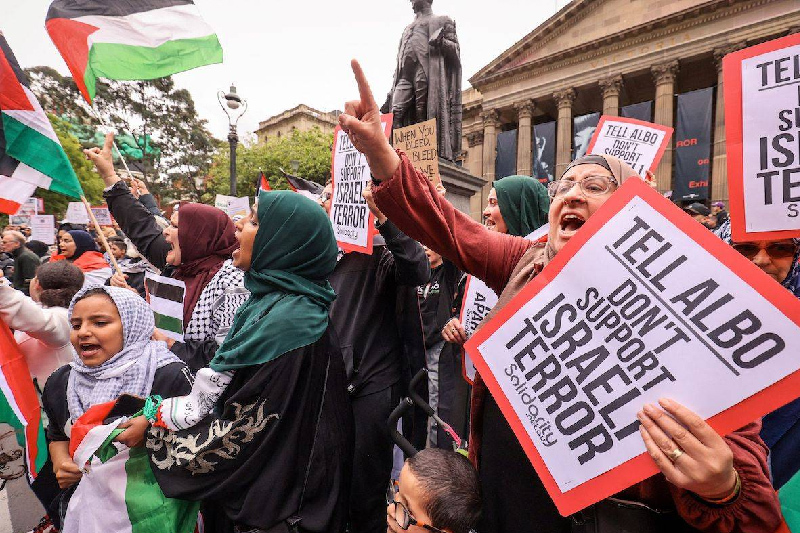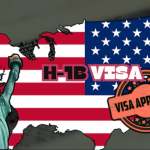
A dramatic and emotionally charged protest recently occurred outside the Melbourne offices of key Victorian government officials
A dramatic and emotionally charged protest recently occurred outside the Melbourne offices of key Victorian government officials, confronting Victoria’s extensive military partnerships with multiple foreign nations accused of enabling human rights abuses and conflict abroad.
Depicting Disturbing Human Rights Violations
The passionate demonstrators donned mock military uniforms and held up large graphic signs vividly depicting violence, war crimes and oppression allegedly committed by security forces in countries that Victoria currently collaborates with on defence initiatives. Protesters also acted out a gruesome mock violent scene on the steps of the government building, graphically calling attention to specific atrocities frequently carried out under the rule of abusive regimes that Victoria treats as allied partners.
The foreign countries most prominently targeted for criticism by the protests were Saudi Arabia, Sri Lanka and Israel. Saudi Arabia has faced escalating condemnation in recent years for its role in civilian casualties stemming from its involvement in Yemen’s prolonged conflict. However, Saudi forces have continued receiving military training from Victoria despite outcry from human rights groups. Sri Lanka’s military stands accused of well-documented human rights violations relating to its brutal civil war and ongoing oppression of minorities. Yet Sri Lankan officers still train in Victoria annually. And while Israel’s treatment of Palestinians has long sparked global outrage, Victoria maintains cooperative initiatives with Israeli defence companies and facilities.
Business as Usual No More?
To date, Victoria has largely turned a blind eye, pursuing and expanding military partnerships with all three countries including collaborative training programs for foreign forces, joint military exercises, visits by high-ranking defence officials, and even manufacturing deals around weapons, surveillance systems and transports between government-backed defence companies.
However, the demonstration demanded in stark visual terms that Victoria immediately cease extensive military ties with any nation credibly found to be violating basic human rights under international law. Protesters asserted that state officials have a moral and ethical obligation to apply unwavering standards when assessing foreign military partnerships through a human rights lens, saying that the public will no longer accept blind complicity in oppression abroad for convenience or profits. The groups also pressed the public itself to take a much deeper look at investigating Victoria’s existing defence agreements with extremely controversial governments in the Middle East and South Asia.
The visually disturbing display did succeed in drawing public attention and conveying urgency around confronting difficult truths when it comes to Victoria’s willingness to maintain military cooperation with regimes enabling conflict, political violence and human rights infringements globally. While public awareness of state-level defence policies remains generally low, the graphic dramatization represented a plea for Victorians to better recognize nonviolence and human rights as essential considerations in cooperative arrangements between the state’s substantial defence sector and overseas partners — rather than casually dismissing such partnerships as politically necessary evils.







